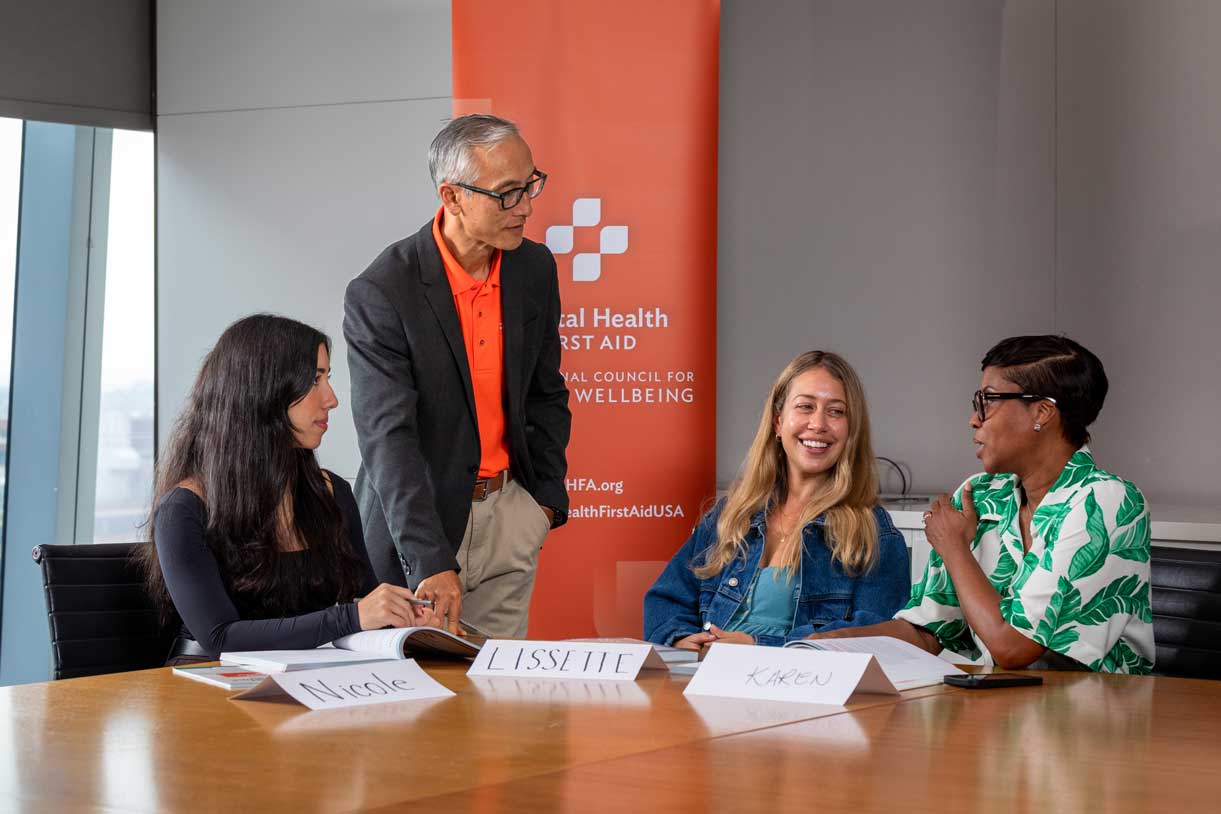If you or someone you care about feels overwhelmed with emotions like sadness, depression or anxiety, or like you want to harm yourself or others call 911.
You can also contact the Substance Abuse and Mental Health Services Administration’s (SAMHSA) Disaster Distress Helpline at 800-985-5990, the National Suicide Prevention Lifeline at 800-273-8255 or text MHFA to 741741 to talk to a Crisis Text Line counselor.
To be able to take care of those around you, you need to take care of yourself first. It’s like the advice we’re given on airplanes: Put on your own oxygen mask before trying to help someone else with theirs. It’s important to protect your mental health and well-being every day so that you can handle daily stress and be effective helping others when they need you.
Protecting your mental health will also help you take care of your physical health, recognize emotional and spiritual needs, foster and sustain strong relationships, and achieve balance in different areas of your life.
Here are five ways to protect your mental health with tips from the MHFA curriculum.
- Express your feelings. Talk to someone you trust about how you are feeling or problems you may be facing. Holding these emotions in can make you feel worse.
- Set boundaries. It’s ok to say “no” to activities you know you don’t like or no longer want to do. This might include not checking emails at night, not attending gatherings you don’t like, or not answering your phone at certain times of the day.
- Take care of your physical health. Physical self-care is an important way to manage symptoms of mental health challenges. Eating healthfully, getting enough sleep, and exercising regularly are a few ways you can take care of your physical health.
- Find a coping mechanism for you. Everyone is on a unique journey with their own challenges and coping mechanisms. Find a healthy activity that helps you cope with daily stress, such as creating art or music, journaling or connecting with loved ones.
- Ask for help if you need it. It’s ok to ask for help. There are mental health professionals and services available to help you manage your symptoms.
There are other self-care strategies that may help you manage mental health symptoms and develop coping mechanisms that fit your lifestyle.
If these aren’t helping, or if you are experiencing overwhelming feelings of anxiety or depression, consider reaching out to a mental health professional or your primary care physician. With the right tools and resources for you, you can take care of yourself and in turn #BeTheDifference for those around you.



